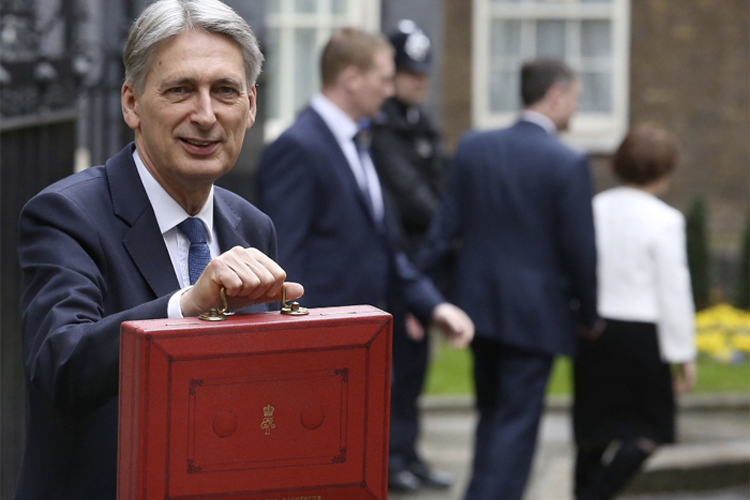Summary of the main announcements in the Spring Budget, 8th March 2017
The Chancellor confirmed that the individual personal allowance will increase to £11,500 for 2017/18 from the current rate of £11,000.
The Higher Rate Threshold will rise by £2,000. This means that the point at which the higher rate of Income Tax is payable will increase from £43,000 in 2016 to £45,000 in April 2017.
The rates of tax for 2017/18 will remain at 20% and 40% for the basic and higher rates and the additional rate of tax remains at 45%.
Corporation Tax
Corporation Tax rate, currently at 20% for 2016/17 will drop to 19% from 1st April, 2017. It will fall to 17% by 2020 – the lowest in the G20.
The review of the Research and Development Tax Credit regime for small and medium sized companies has found that the UK’s R&D regime is an effective and internationally competitive element of the government’s support for innovation. To further support investment, the government will make administrative changes to the Research and Development Expenditure Credit to increase the certainty and simplicity around claims.
Companies will have to use digital software and update HMRC on a quarterly basis from 1st April, 2020.
Dividends
Just one year after its introduction in April 2016, the dividend allowance will be reduced from £5,000 to £2,000, to reduce the tax differential between the self-employed and employed, and those working through a company. From April 2017 this measure will cost basic rate taxpayers £225, higher rate taxpayers £975 and additional rate taxpayers £1,143 a year.
Value Added Tax
Registration and deregistration thresholds – From 1 April 2017 the VAT registration threshold will increase from £83,000 to £85,000 and the deregistration threshold from £81,000 to £83,000.
The rate of VAT remains unchanged at 20%.
National Insurance
The government has already announced that it will abolish Class 2 NICs – a flat-rate charge on the self-employed – from April 2018.
However, Class 4 National Insurance Contributions on the self-employed will rise from the current rate of 9% to 11% over the next two years.
The Chancellor believes this will be fairer as the self-employed have always paid less NIC than employees. He didn’t mention that the self-employed do not get the same benefits as the employed – no employer pension contributions, sick pay nor holiday pay. (And he missed the obvious point that he could have been fairer to everyone by cutting the NIC on employees!)
Fuel Duty
Vehicle Excise Duty (VED) – From 1 April 2017, VED rates for cars, vans and motorcycles registered before April 2017 will increase by Retail Prices Index (RPI).
HGV VED and Road User Levy – HGV VED and Road User Levy rates will be frozen from 1 April 2017.
Air Passenger Duty
APD rates for 2018-19 will be increased in line with RPI.
Miscellaneous
Making Tax Digital
The government will provide an extra year, until April 2019, before Making Tax Digital is mandated for unincorporated businesses and landlords with turnover below the VAT threshold. This will provide them with more time to prepare for digital record keeping and quarterly updates.
Other unincorporated businesses and landlords will be required to use digital software to keep tax records and update HMRC on a quarterly basis from April, 2018.
Final Thought:
If you want less of something, you tax it more e.g. tax on cigarettes and sugar.
Maybe the Chancellor should reflect that the same might apply to self-employment?
FEEL FREE TO CONTACT ME FOR FURTHER DETAILS ON ANY OF THE ABOVE:
JOHN BARFOOT 028 796 31343
OR EMAIL ME AT jb@johnbarfoot.co.uk
